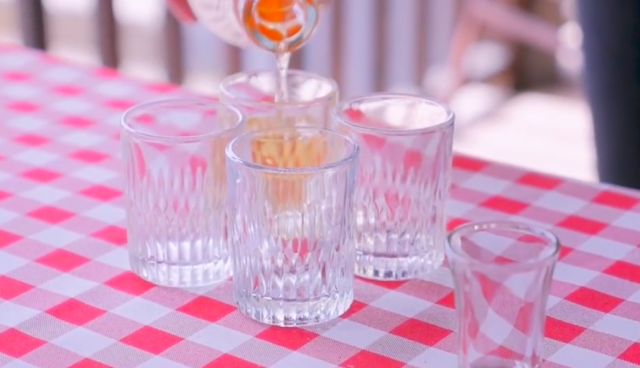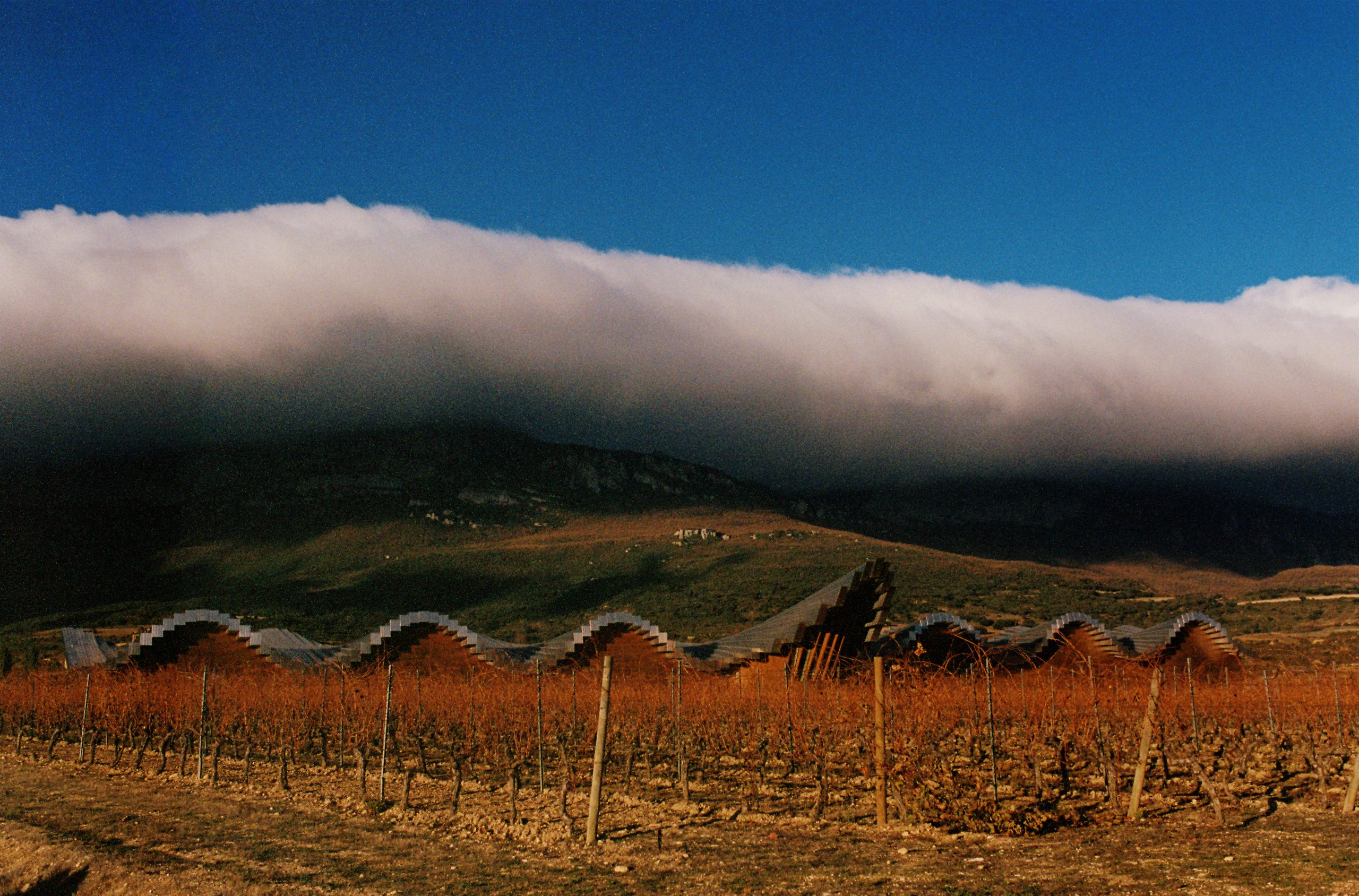United Nations awards World Heritage status to Serbian plum brandy
Three cheers for sljivovica — Serbian plum brandy has been granted World Heritage Status by the United Nations.

The UN announced in December that Serbian plum brandy is set to be added to its list of intangible cultural heritage as a cherished tradition to be preserved by humanity.
Its place on the Intangible Heritage list relates to the “social practices and knowledge related to the preparation and use of the traditional plum spirit”, according to the UNESCO listing.
The organisation recognised “the complex knowledge and skills to prepare the drink in a home environment as well as its use in everyday and ritual practices”, adding it to a list which includes the ancient Georgian traditional Qvevri wine-making method and the knowledge held by Cuban light rum masters.
Sljivovica, also known as rakija in the Balkans, is made from plums commonly grown on family farms.
Plums are brewed for 20 to 30 days, then distilled in handmade copper vessels, to produce a mild brandy. A second distillation creates a stronger brandy, after which the spirit is aged in a barrel, usually made of oak, for at least a year.
Partner Content
Plum brandy is consumed during celebrations. It is also an important part of traditional medicine, with medicinal herbs or fruits added to obtain cold and pain remedies or antiseptics
Sljivovica was welcomed onto the list in early December alongside the “knowledge of the light rum masters” in Cuba.
The UNESCO Intangible Cultural Heritage list describes as a “set of traditional, scientific, sensory knowledge and techniques transmission that ensures the safeguarding of the Cuban light rum manufacturing process.
“The transmission of light rum’s master knowledge is a life-long learning process that is passed down from generation to generation and includes protecting aging cellars, knowing their contents and characteristics and the history of each barrel, and knowing which mixtures result in a given appearance, aroma, taste and texture.”
Related news




